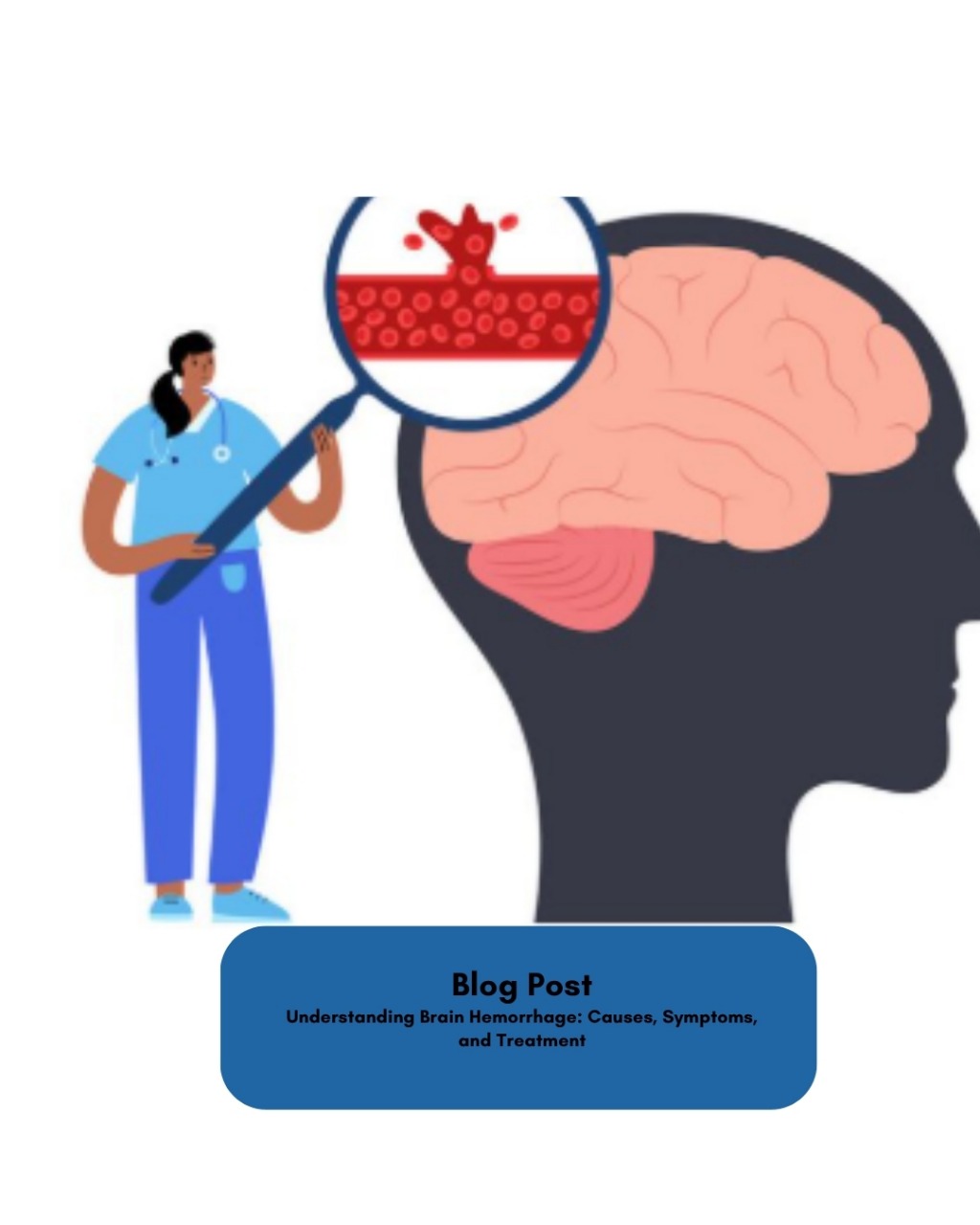Fuel Your Brain Naturally: The Power of Walnuts
They say “you are what you eat”—and when it comes to brain health, this couldn’t be more true. Among the many superfoods known to support cognitive function, walnuts stand out for their unique ability to nourish and protect the brain.
At the forefront of brain health and neurosurgical expertise in Hyderabad is Dr. Vamshi Krishna, recognized as the best neurosurgeon in Hitech City. With years of experience treating complex neurological conditions, Dr. Vamsi emphasizes the role of a balanced diet—especially foods like walnuts—in supporting both brain performance and recovery.
Let’s explore how walnuts can benefit your brain, and why they’re often called “brain food.”
Why Do Walnuts Resemble the Brain?
Interestingly, walnuts look like miniature brains—and that’s more than just a coincidence. This nut, with its wrinkled, bi-lobed shape, is packed with nutrients essential for brain function.
Research shows that walnuts may improve memory, focus, and even slow age-related cognitive decline. For patients recovering from brain injuries or neurological issues, these benefits are especially important.
What Makes Walnuts Good for the Brain?
Walnuts are a powerhouse of nutrients that support brain health in several ways:
🧠 1. Rich in Omega-3 Fatty Acids
Walnuts are the only tree nuts significantly high in alpha-linolenic acid (ALA), a plant-based omega-3. These healthy fats reduce inflammation and support the structure and function of brain cells.
🧠 2. Packed with Antioxidants
They contain powerful antioxidants like polyphenols, which combat oxidative stress—a key contributor to brain aging and memory loss.
🧠 3. Supports Neurogenesis
Some studies suggest that nutrients in walnuts may promote new neuron growth and improve communication between brain cells, enhancing learning and memory.
🧠 4. Improves Mood and Reduces Stress
Magnesium and vitamin B6 found in walnuts play a role in producing serotonin and dopamine, the brain’s “feel-good” chemicals—helping to ease anxiety and mood swings.
🧠 5. Supports Heart Health, Which Affects Brain Health
Good circulation is crucial for brain function. Walnuts help reduce cholesterol and improve heart health, ensuring the brain receives enough oxygen and nutrients.
What Does the Science Say?
Clinical research supports the link between walnut consumption and improved brain function. One long-term study found that people who consumed more walnuts had better cognitive performance, especially in memory and processing speed.
Another study even suggested that older adults who included walnuts in their daily diet experienced slower cognitive decline compared to those who didn’t.
For those recovering from neurological surgeries or living with chronic brain-related conditions, incorporating walnuts into a daily routine can support healing and boost mental sharpness.
Dr. Vamsi Krishna’s Advice on Brain-Friendly Nutrition
As the best neuro specialist in Hitech City, Dr. Vamshi Krishna believes that treatment doesn’t end with medication or surgery. Nutrition plays a key role in overall brain recovery and performance.
He often advises his patients to:
Include a handful of walnuts daily in their diet
Pair nuts with other brain-healthy foods like leafy greens, berries, and fish
Stay hydrated and avoid processed foods that increase inflammation
Follow a balanced lifestyle that supports both the brain and body
Whether you're managing a neurological condition or simply want to boost your mental clarity, food is your first medicine.
How to Add Walnuts to Your Diet
You don’t need to eat a large quantity to get the benefits. Here are simple ways to enjoy walnuts every day:
Add chopped walnuts to oatmeal or smoothies
Sprinkle on salads or mix into yogurt
Use walnut butter as a spread
Snack on a few plain or roasted walnuts mid-day
Just one small handful (around 6–8 whole walnuts) a day is enough to support cognitive health.
The Bigger Picture: Nutrition and Neurosurgery
While walnuts are incredibly beneficial, it’s important to remember they’re just one part of a holistic approach to brain health. If you're facing neurological symptoms like headaches, dizziness, memory loss, or seizures, dietary changes should be accompanied by professional neurological care.
That’s where Dr. Vamsi Krishna, the best neurosurgeon in Hitech City, steps in. Known for his advanced surgical techniques, accurate diagnosis, and patient-centered care, he provides expert guidance every step of the way—from diagnosis to surgery and recovery.
Final Thoughts
Walnuts might seem like a small addition to your plate, but their impact on your brain could be powerful. From reducing inflammation to improving memory and mood, they’re a smart choice for anyone looking to take care of their most vital organ—the brain.
Whether you’re focused on prevention or recovery, combining healthy eating with expert neurological care is the best strategy.
Take Charge of Your Brain Health Today
🧠 Concerned about your memory, headaches, or neurological symptoms?
🍽️ Want to learn more about how diet can support your brain function?
Book a consultation with Dr. Vamsi Krishna today—the best neuro doctor in Hitech City.




Comments
Post a Comment